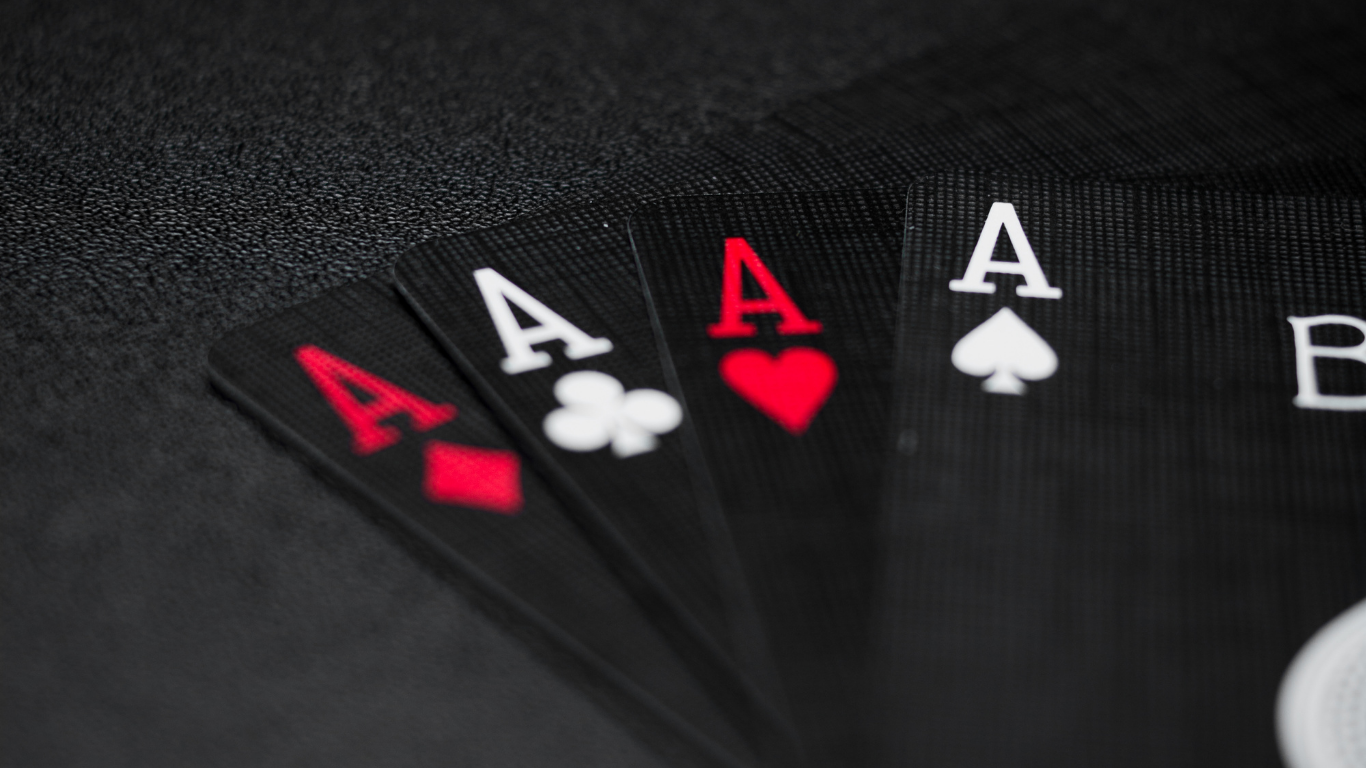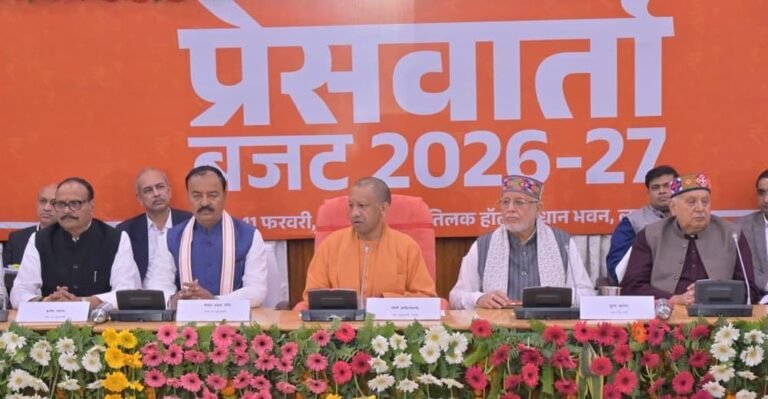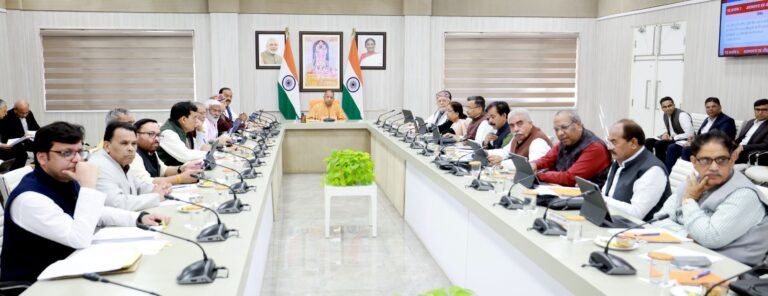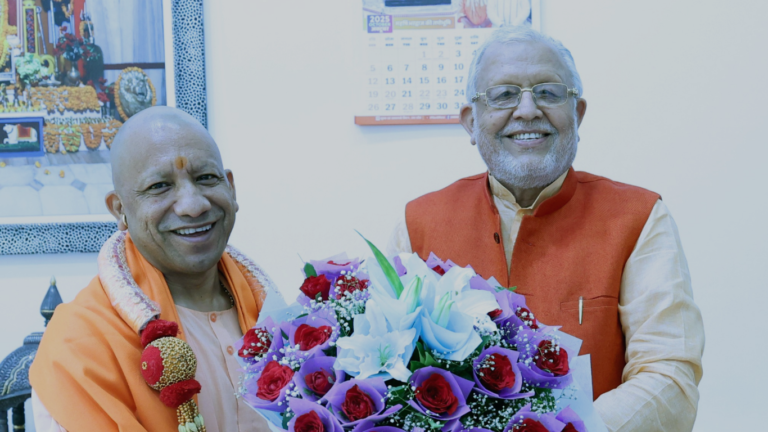
The term “Meerut Satta King” may sound like something out of a Bollywood thriller, but it’s a part of an underground betting network that has been active for decades in many parts of India. In Meerut, like in many cities of Uttar Pradesh, satta is a well-known word in certain localities. It refers to a form of illegal gambling that revolves around numbers, luck, and high stakes.
In areas like Lisari Gate, Shastri Nagar, and even nearby towns, whispers about satta numbers, “open” and “close,” and daily results are common. The phrase “Satta King” refers to the person who supposedly controls or operates a large part of this game — though in reality, it’s a loosely connected web of bookies, agents, and players.
Despite being illegal, satta continues to exist in hidden corners of society. Many people are drawn to it in hopes of easy money, even though it often leads to losses, debt, and legal troubles. The game thrives on secrecy, mobile communication, and quick exchange of cash, making it hard for law enforcement to eliminate completely.
How Satta King Works in Meerut
Satta, also known as Matka gambling, is a type of number-based betting where players choose a number or a combination of numbers between 0 and 99. Once bets are placed, a “lucky” number is declared at a fixed time. If a player’s chosen number matches the result, they win many times the amount they bet. If not, they lose it all.
In Meerut, the satta system is quite organized despite being illegal. Here’s how it typically works:
-
Agents or Bookies: Locals contact satta agents to place their bets. These bookies collect money and note down numbers.
-
Fixed Timings: There are two major results every day – “open” and “close.” These are declared at fixed times, usually in the afternoon and night.
-
Daily Charts: Satta results are recorded and shown as charts. Long-time players study these to guess upcoming numbers.
-
Satta King Title: A person who wins frequently or manages a major part of the betting system may earn the unofficial title of “Satta King.”
It might seem simple, but the entire network is dangerous. Many who get involved end up addicted or financially ruined. Yet, due to lack of employment or desperation, some still take the risk.
The Impact of Satta in Local Life
The reach of the Meerut Satta King network goes beyond just betting. It affects families, youth, and even local businesses. While some believe it’s just a “game,” the reality is much darker.
-
Financial Losses: Most players lose money rather than win. Some sell jewelry, borrow money, or even steal from home to keep playing.
-
Youth Involvement: Teenagers and young adults, especially in working-class neighborhoods, get involved out of curiosity or peer pressure.
-
Family Troubles: Many families have been torn apart due to gambling addiction. The burden of debt often falls on parents or spouses.
-
Crime and Violence: In extreme cases, satta-related disputes have led to fights, threats, and even serious crimes in some areas.
Police crackdowns happen from time to time. Local newspapers often report on satta raids, arrests of bookies, and confiscation of cash or records. But the game survives, often shifting locations or operating via mobile phones and social apps like WhatsApp.
Legal Status and Police Action
It’s important to know that satta is illegal in India, except for lotteries run by the government or betting on horse races under regulated conditions. The Public Gambling Act, 1867, makes such activities punishable by fines or jail time.
In Meerut, the police are aware of satta activities and occasionally conduct surprise raids. Bookies are arrested, betting slips are seized, and networks are busted. However, due to lack of witnesses, smart tactics used by operators, and local support in some cases, many escape punishment.
The Meerut police also run awareness campaigns in schools and colonies to discourage gambling. Posters, pamphlets, and social messages often carry warnings about the risks of satta. Hotlines and anonymous tip systems are available for citizens to report such illegal activities.
Despite this, enforcement remains a challenge. Many people avoid legal reporting due to fear, local pressure, or their own involvement. Until there’s strong community cooperation and awareness, completely stopping satta may remain difficult.
Conclusion – A Risk Not Worth Taking
The world of Meerut Satta King may attract people with its promises of fast cash and thrilling bets, but it is built on loss, addiction, and risk. Behind every “win” story are countless tales of financial ruin and family distress.
Instead of falling into such traps, people — especially the youth — must look toward skill-based opportunities, jobs, and education. Luck may give short-term gains, but hard work provides long-term success. Community leaders, parents, and schools have a big role to play in spreading this message.
As for satta, it’s time society stops treating it as a harmless game and recognizes the damage it causes. The “Satta King” may sound like a title, but it’s not one worth chasing.



